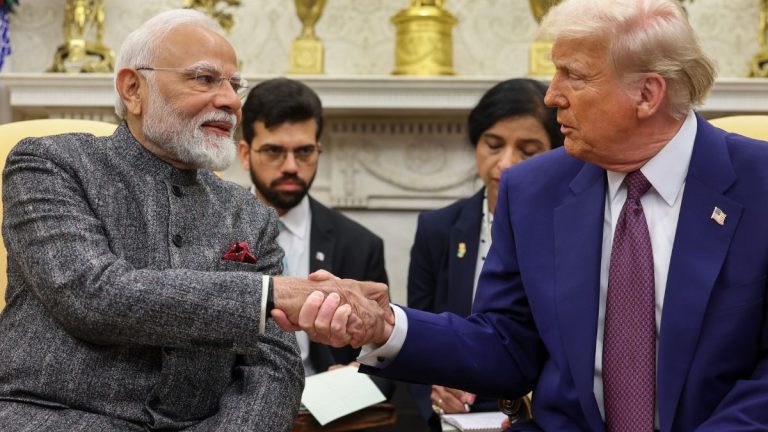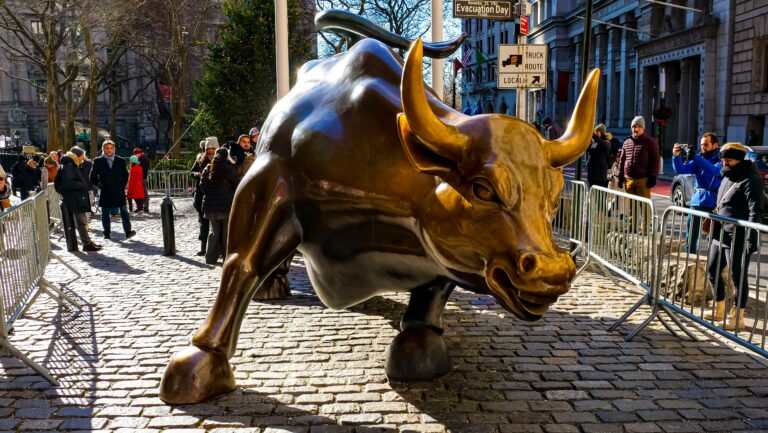Drip pricing — where hidden charges are revealed only at the final checkout step—has emerged as one of the most common dark patterns on Indian apps and digital platforms, according to a new study by community platform LocalCircles.
The report, based on feedback from over 230,000 consumers across 392 districts and covering 228 platforms, found that 48% of Indian apps and websites employ drip pricing tactics, making it the second most widely used dark pattern after ‘Forced Action’ (used by 54% of platforms).
Drip pricing is especially common in sectors like e-commerce, quick commerce, travel, food delivery, airlines, event ticketing, and taxi services. Common tactics include concealing delivery fees, convenience charges, processing fees, or weather surcharges until the user reaches the final payment screen—sometimes doubling the initially displayed price.
Despite the Consumer Protection Act, 2019 prescribing penalties of up to Rs 20 lakh and six months’ imprisonment for violations, the use of dark patterns remains widespread across sectors such as travel, hospitality, banking, insurance, and e-commerce, highlighting weak enforcement and limited compliance so far.
The study also found that platforms in edtech, fintech, OTT, and online banking frequently use seven or more dark patterns out of the 13 officially defined by the Central Consumer Protection Authority (CCPA). These include bait-and-switch offers, subscription traps, confirm shaming, and disguised ads.
Multiple Dark Patterns
The study revealed that multiple dark patterns—seven or more—are commonly found in sectors such as edtech, online banking, e-commerce, OTT platforms, ride-hailing apps, inventory-based e-commerce, food delivery, quick commerce, apps and software, health services, airlines, event ticketing, and online payments.
Close behind are sectors where four to six dark patterns are prevalent, including mobile telecom, online gaming, digital lending, voice assistants, online insurance, and recruitment/professional networking platforms.
Finally, sectors with one to three reported dark patterns include train ticket booking, car rentals, music streaming, mobile devices, online financial trading, and electric scooter services.
Forced Action: Most Common Dark Pattern
The analysis found that Forced Action is the most prevalent dark pattern, observed in 123 platforms (100%). This is followed by Drip Pricing in 109 platforms (48%), Bait and Switch in 76 platforms (33%), and Subscription Trap in 74 platforms (34%).
In the next tier, Interface Interference is used by 58 platforms (25%), Confirm Shaming by 51 platforms (22%), Nagging Tactics by 39 platforms (17%), and Basket Sneaking by 31 platforms (14%).
Less commonly used patterns include False Urgency (25 platforms, 11%), SaaS Billing (19 platforms, 8%), and Disguised Ads (15 platforms, 7%). The Trick Question method was identified on only one platform (0.44%).
LocalCircles stressed that drip pricing manipulates users into making purchases they might otherwise avoid and urged authorities to strengthen enforcement. “The final price can end up significantly higher than the base price, and consumers often have little choice but to proceed,” the report stated.
Advance tip
The Central Consumer Protection Authority (CCPA) recently began investigating Ola and Rapido to determine if they are pressuring users to pay advance tips in exchange for expedited service. This inquiry comes after Uber received a notice for the same practice just a day before.
Uber has rolled out an “Advance Tip” feature on its app, allowing users to tip drivers before booking a ride with the implication that it may result in quicker service. Users are prompted to add a tip of Rs 50, Rs 75, or Rs 100 during the booking process, with a message stating, “Add a tip for faster pickup. A driver may be more likely to accept this ride if you add a tip.”
In a similar manner, Rapido advised users to increase the ride fare, citing that drivers are unwilling to accept at the current price. Likewise, Ola informs users that adding a tip may improve their chances of securing a ride promptly. Legal experts have characterised this practice as “coercive” and potentially constituting an unfair trade practice.





